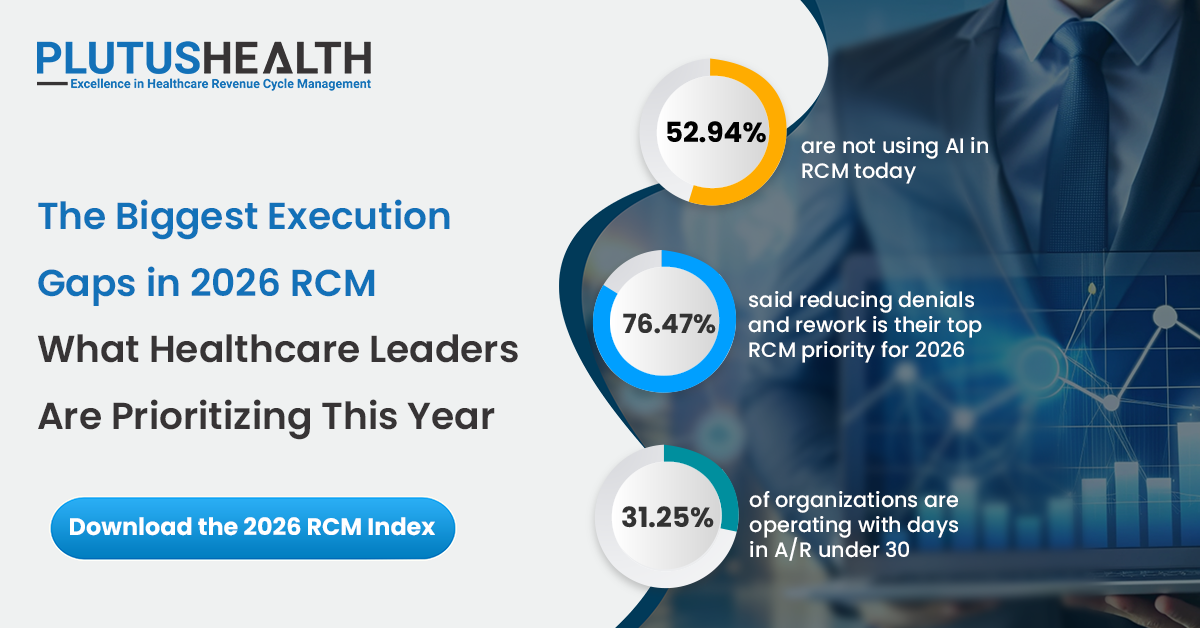Where is medical billing headed in 2022
Hospital operating margins were 42.4% lower in February 2022 than in February 2020 from just before the pandemic struck. This figure, unfortunately, is representative of a longer negative trend. Covid variant surges, supply issues, and labor shortages have consistently damaged revenue over the past two years. Healthcare professionals expect margins to remain slim for some time.
To combat this financial downswing, savvy clinics are adopting new billing strategies. Previous billing habits are proving inadequate to handle modern monetary pressures. As such, healthcare facilities must seek out long-term solutions.
Here’s where Medical Billing is headed in 2022.
Prepayment Reviews
Private insurance payers are expected to increase their focus on prepayment review of claims. Medicare has adopted this process for years and has seen a significant reduction in false claims.
Practices should expect each claim they submit to receive an extensive review. Insurers are investing in training and technology that excels at finding errors. As such, the level of accuracy Payers expect will only increase.
Virtual Care Delivery
An increasingly tech-savvy population and increased isolation have boosted the virtual care market. Even the aging Medicare demographic is showing technological adaptability.
CMS has place of service (POS) requirements for billing. Many private insurers are also adopting POS distinctions in their health codes. Coders must learn to communicate care delivered in a patient’s home via telehealth versus care provided from a medical clinic.
Specialized Billing Units
Specialization is becoming more desirable. Operations run smoother when an expert oversees a specific job within those operations. Forming a group of specialists who cooperate on just the billing tasks is the most efficient way to handle medical billing.
Medical Billing Technology Improvements
The increasingly stringent standards private insurers will apply to claims means relying just on human review is unwise. Computer-assisted coding (CAC) are systems that help coders identify the most relevant code and match it with the appropriate service.
Artificial intelligence has reached the point where it can create an accurate claim with limited input from humans. Recent technological improvements allow these systems to consistently identify nuances most human reviewers would miss. Machine Learning (ML) also makes these systems to learn from patterns from Denials and apply that to billing new claims.
Additionally, systems can review a claim according to pre-set standards before submission. Adopting new technology and automation is critical in forging a more efficient financial system.
Higher EHR Distribution
Electronic health record (EHR) distribution has become increasingly widespread since 2009. These systems store patient medical information on a secure online platform. Clinics with can instantly access this information from anywhere securely and send it to the Payers on request.
EHR dissemination makes for quicker, more accurate scheduling. This efficiency trickles down to billing, by eliminating the need to reconfirm patient demographic details including latest Insurance.
Increase in Job Expectations
In 2022 and beyond, medical billers will be expected to perform at higher levels than previously. The increase in private insurer standards means that inexperienced workers are less viable, since they cannot meet the new demanding standards. As such, practices will need to increase their criteria for hiring billers. Unfortunately, the number of top applicants for billing jobs has failed to meet this rising demand and the per hour costs have gone up considerably.
For practices that can't find appropriate billers, consider hiring a professional billing service.
Plutus Health maintains specialized staff who consistently stay abreast of healthcare requirements. We quickly secure reimbursements that capitalize on the services you have delivered to patients. Learn more about our services by contacting a representative today.
Key Takeaways
1. Private insurers are adopting more extensive claim reviewing techniques.
2. Billers must distinguish between in-office care and virtual care.
3. Specialized units are an increasingly necessary strategy.
4. Medical technology can produce and review accurate claims.
5. Expectations are rising for billers and coders.

















































